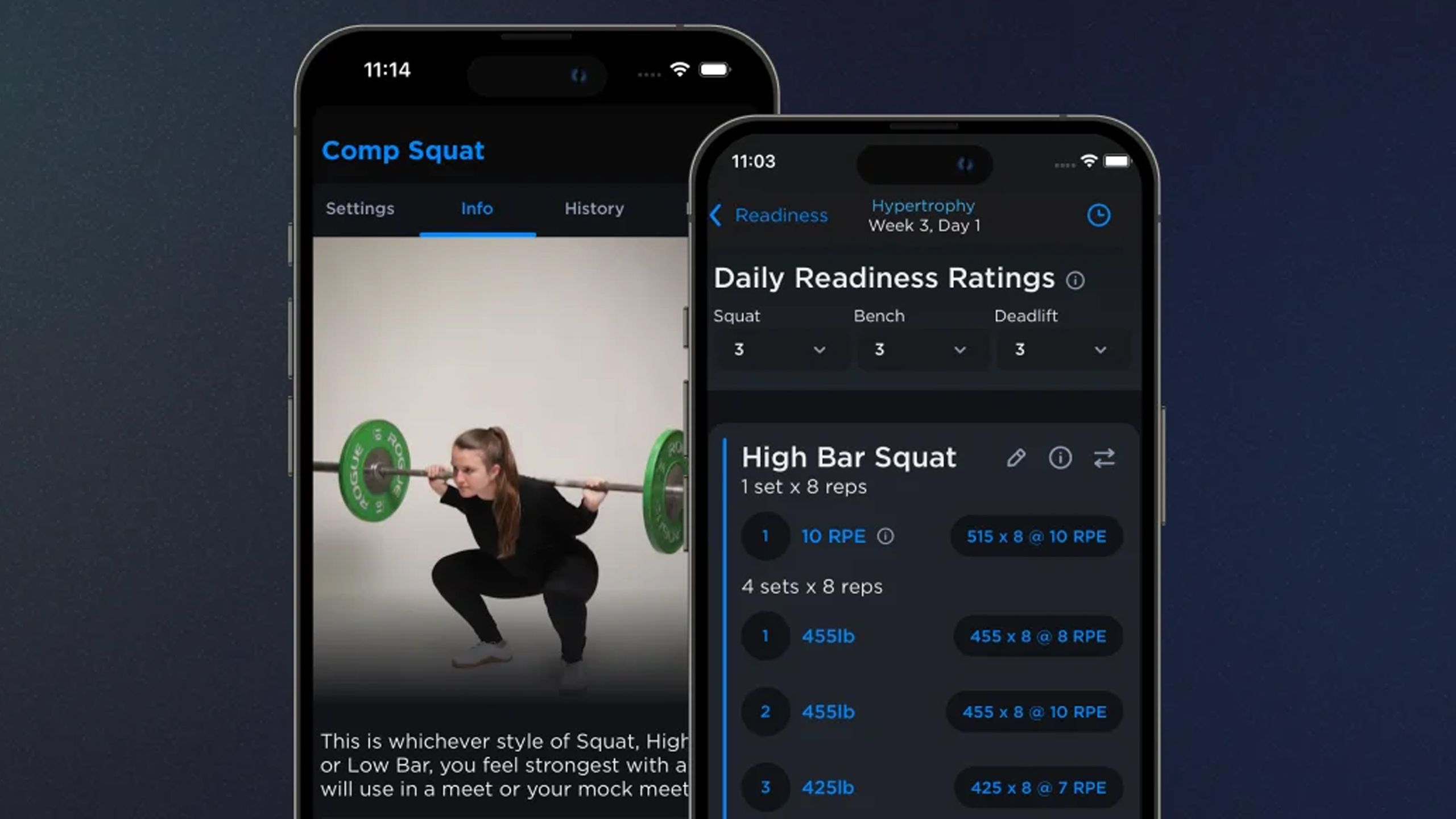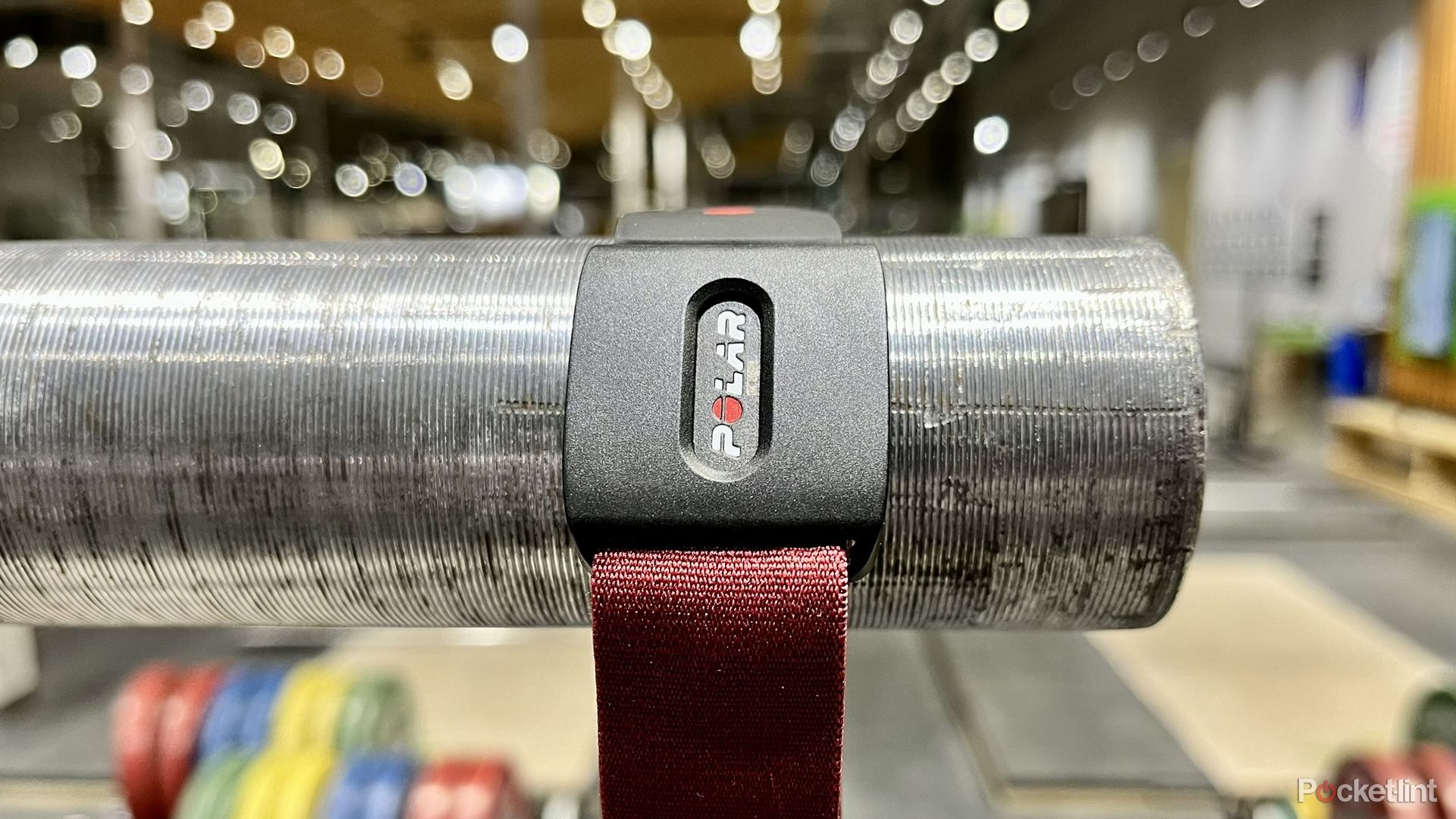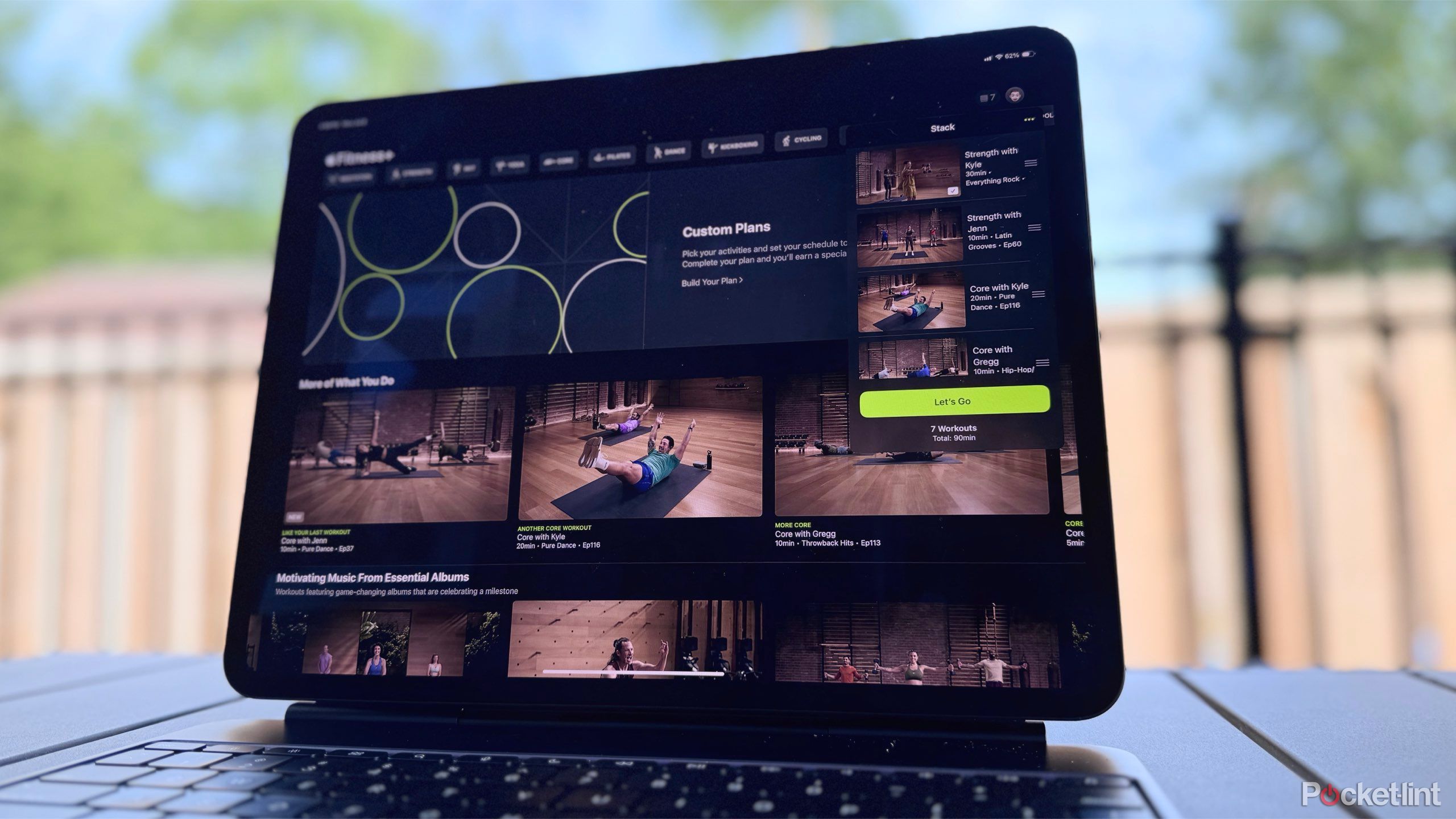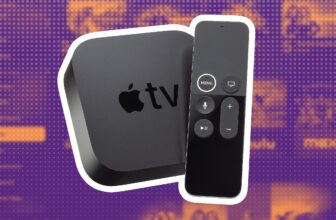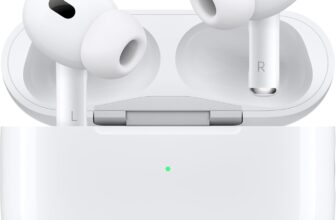Summary
- I’m skeptical of AI coaching apps like Apple’s rumored subscription service.
- Existing apps often depend on trial and error before they get things right, or are too conservative to have much impact.
- With a little knowledge, you can reach peak physique without ever touching coaching tools.
One of the rumors about Apple’s AI ambitions is that it’s considering a paid coaching subscription service. This would offer guidance not just for exercise, but for eating and sleeping, all based on the data recorded by your devices — presumably synced via Apple Health on your iPhone. I’ll call it Apple Coach for short, although there’s no official name yet.
I’m genuinely interested in seeing what Apple comes up with, assuming the service does reach the market. But call me skeptical — I doubt the value of any AI coaching service, based on my own fitness experience and what I’ve seen from existing apps.
Related
The 5 smartphone AI features I use the most
They’re not necessarily the features Apple and Google most want you to use.
The mixed record of AI coaches
Sometimes, one miss is too much
JuggernautAI / Pocket-lint
To the industry’s credit, there are a number of AI coaching apps out there that are genuinely well-liked, even at the competitive level. In the weightlifting world, for example, there’s an app called JuggernautAI. While it does have features for beginners, some of its users include powerlifters active in leagues like the USPA and USAPL. It can formulate an entire training block with a meet date in mind, including the competition versions of lifts, which are both stricter and tougher.
AI may be even more useful at the beginner level, where many people don’t know that they need a plan, much less how to build one. While I’ve criticized Apple Fitness+ for a variety of reasons, it does at least include basic plan building, with simple AI recommendations based on workouts you’ve done in the past.
AI coaching apps tend to rely on trial and error to “dial in” their programs.
The trouble comes with optimization. While apps like Juggernaut (or, for another example, Sheiko Gold) may be based on well-tested concepts, and enable more personalization than a stock spreadsheet, they also tend to rely on trial and error to “dial in” their programs. That can mean pushing yourself too hard on some sessions, or not hard enough on others, at least if you take their recommendations verbatim. Also, beginners and athletes alike may find they respond better or worse than other people in the same boat. That makes sense — some people respond better to high-volume training than high-intensity training, or vice versa.
Entry-level AI coaches will sometimes avoid errors by making more conservative recommendations, even omitting routines entirely, but that diminishes or outright kills their value beyond beginner fitness. Once you’re experienced, you usually don’t need to be told to push harder, get more sleep, or eat more calories — you need to know exactly what that looks like in your case.
All this makes it difficult to recommend paying for an AI coach, simply because there are proven training regimens out there that can work just fine with a little human intelligence.
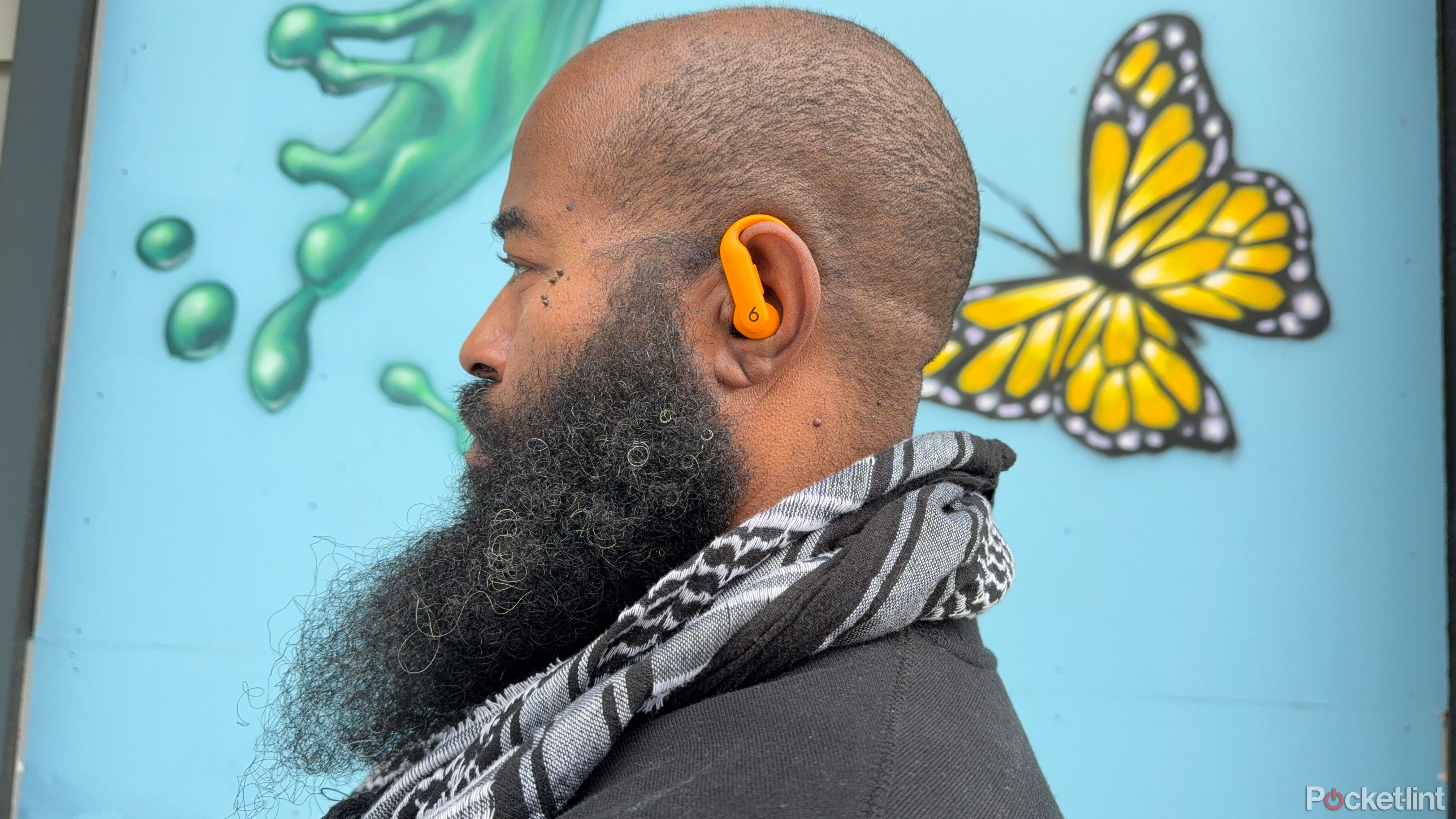
Related
The Powerbeats Pro 2 are incredible fitness-focused iOS earbuds
The Powerbeats Pro 2 stand head and shoulders above other fitness-focused earbuds.
The philosophy of getting fit
It doesn’t have to be complicated
If you boil it down, fitness can actually be very simple. Want to gain muscle? Do strength training with proper form, and eat in a calorie surplus. Want to lose fat? Eat in a calorie deficit and do some form of regular exercise. To make progress as a runner, try to go a little further or faster each time. To make progress in strength, hit every muscle group at least twice per week, and gradually increase your sets, reps, or weight, depending on the exercise. No matter what, make sure your diet has a lot of protein, sufficient carbs, and low sugar.
The devil is in the details, of course, but there are free, ready-made training and nutrition programs out there that already factor in the things AI tries to adjust for, such as fatigue and weight percentages. With time, it’s not hard to gauge these things yourself, and even substitute your own exercises and foods when something is unpleasant or getting poor results. My own fitness routine is highly customized at this point — depending on which one, AI would probably do more harm than good, at least until it adapted to my idiosyncrasies.
There are free, ready-made training and nutrition programs out there that already factor in the things AI tries to adjust for.
It’s also important to remember that there are a lot of useful apps and accessories that don’t depend on AI, at least beyond the vanilla kind of AI we’ve had for decades. I track my workouts with an Apple Watch Ultra 2 and the Fitness app on my iPhone, combining that data with Cronometer for calorie tracking and a Withings scale for body composition. Because I understand the principles behind fitness, including good technique and programming, I don’t really need anything more than that to produce results. The data I’m dealing with isn’t perfect, but all it takes is following trends to make the occasional tweak.
Remember that many of the world’s elite athletes never had the opportunity to use AI coaching. Usain Bolt retired from sprinting before ChatGPT launched in 2022, and Arnold Schwarzenegger won seven Mr. Olympia competitions before anyone owned a cellphone.

Related
Does smart tech really add that much to your fitness regimen?
The full answer varies from person to person, but here’s my gym-buff take.
Could an ‘Apple Coach’ get it right?
Walking the tightrope
Pocket-lint
I think Apple will do reasonably well, but mostly because it tends not to set the bar very high. Yes, the iPhone and Apple Watch do nudge you to close your Activity rings each day — but unless you adjust them, even a quick run or walk may do the trick, and most fitness badges are easy to earn if you’re already active. The company’s goal is to keep you healthy, not make you an athlete. Fitness+ workouts can potentially be challenging, but there’s nothing geared toward people who want to run a three-hour marathon or deadlift 500 pounds.
The company’s goal is to keep you healthy, not make you an athlete.
The wild card is Apple’s AI team. Apple Intelligence has received a lukewarm reception so far, and some of its key features have been delayed, like contextual awareness for Siri. Even assuming the Apple Coach team is firing on all cylinders, the company might still be forced to pull some people off that project to deliver on promises it made in 2024.
Who knows — I’d like it if Apple proved my skepticism is unfounded. Hypothetically, we could learn more at WWDC 2025 this June.
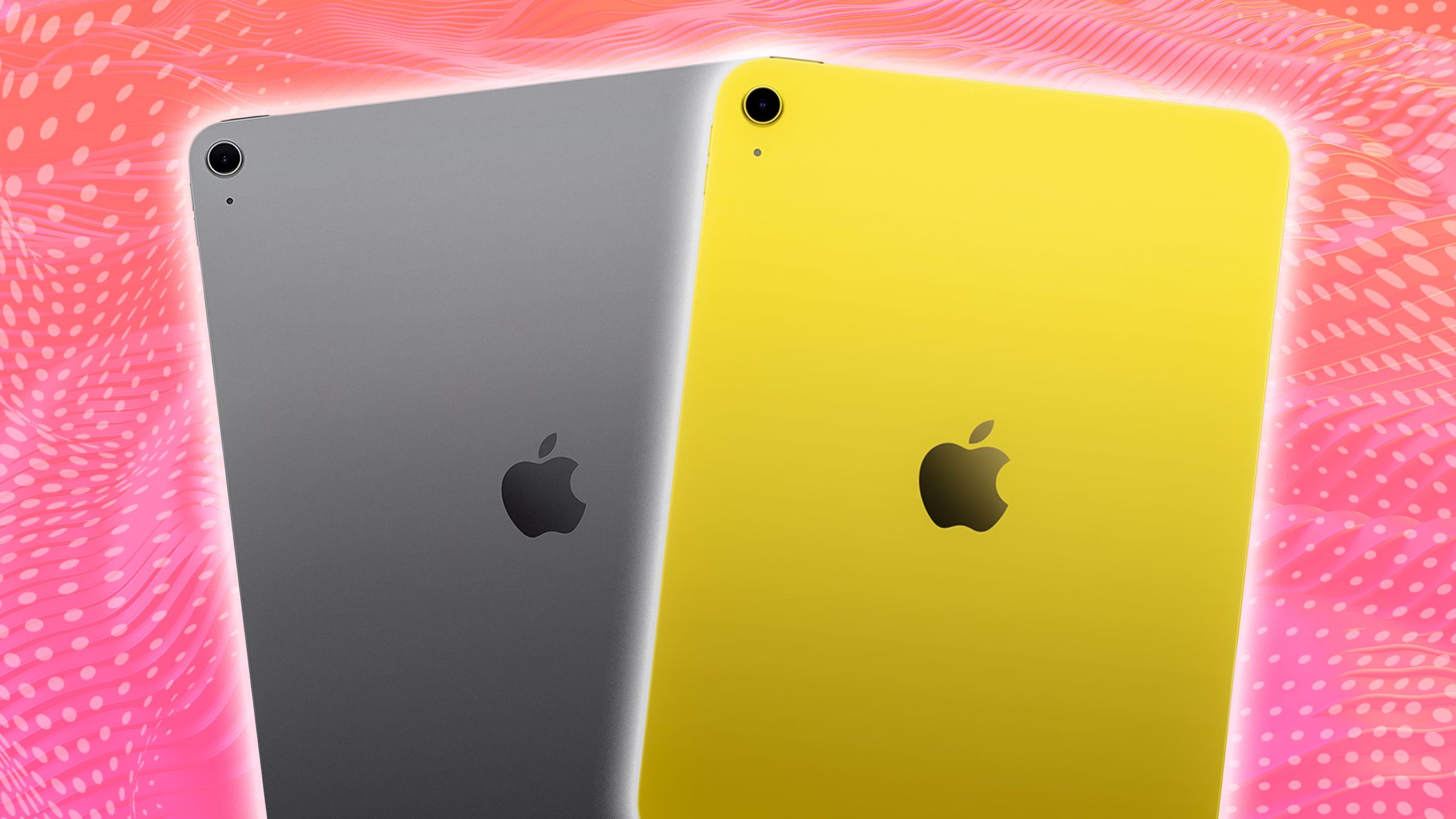
Related
iPad Air 7th gen vs iPad 11th gen: How the two Apple tablets stack up
You might not need as much iPad as you think you do.
Trending Products
![cimetech EasyTyping KF10 Wireless Keyboard and Mouse Combo, [Silent Scissor Switch Keys][Labor-Saving Keys]Ultra Slim Wireless Computer Keyboard and Mouse, Easy Setup for PC/Laptop/Mac/Windows – Grey](https://m.media-amazon.com/images/I/415Vb6gl+PL._SS300_.jpg)
cimetech EasyTyping KF10 Wireless Keyboard and Mouse Combo, [Silent Scissor Switch Keys][Labor-Saving Keys]Ultra Slim Wireless Computer Keyboard and Mouse, Easy Setup for PC/Laptop/Mac/Windows – Grey

AOC 22B2HM2 22″ Full HD (1920 x 1080) 100Hz LED Monitor, Adaptive Sync, VGA x1, HDMI x1, Flicker-Free, Low Blue Light, HDR Ready, VESA, Tilt Adjust, Earphone Out, Eco-Friendly

TopMate Wireless Keyboard and Mouse Ultra Slim Combo, 2.4G Silent Compact USB Mouse and Scissor Switch Keyboard Set with Cover, 2 AA and 2 AAA Batteries, for PC/Laptop/Windows/Mac – White

HP 2024 Laptop | 15.6″ FHD (1920×1080) Display | Core i3-1215U 6-Core Processor | 32GB RAM, 1.5TB SSD(1TB PCIe & P500 500GB External SSD) | Fingerprint Reader | Windows 11 Pro

Thermaltake View 200 TG ARGB Motherboard Sync ATX Tempered Glass Mid Tower Computer Case with 3x120mm Front ARGB Fan, CA-1X3-00M1WN-00

SAMSUNG FT45 Sequence 24-Inch FHD 1080p Laptop Monitor, 75Hz, IPS Panel, HDMI, DisplayPort, USB Hub, Peak Adjustable Stand, 3 Yr WRNTY (LF24T454FQNXGO),Black

Dell Inspiron 15 3520 15.6″ FHD Laptop, 16GB RAM,1TB SSD, Intel Core i3-1215U Processor(Beat i5-1135G7), SD Card Reader, WiFi, Bluetooth, Webcam, Win 11 Home, Alpacatec Accessories, Carbon Black
![Dell Inspiron 15 3000 3520 Business Laptop Computer[Windows 11 Pro], 15.6” FHD Touchscreen, 11th Gen Intel Quad-Core i5-1135G7, 16GB RAM, 1TB PCIe SSD, Numeric Keypad, Wi-Fi, Webcam, HDMI, Black](https://m.media-amazon.com/images/I/51O3nNfyJPL._SS300_.jpg)

